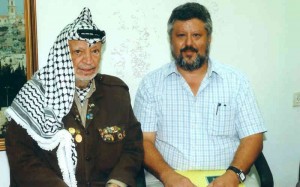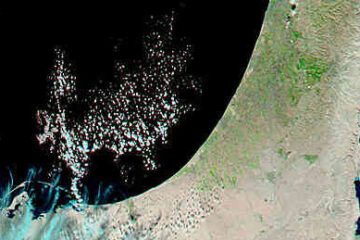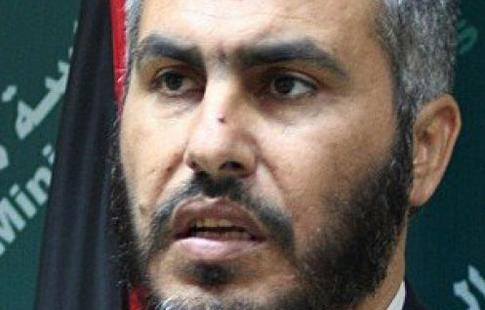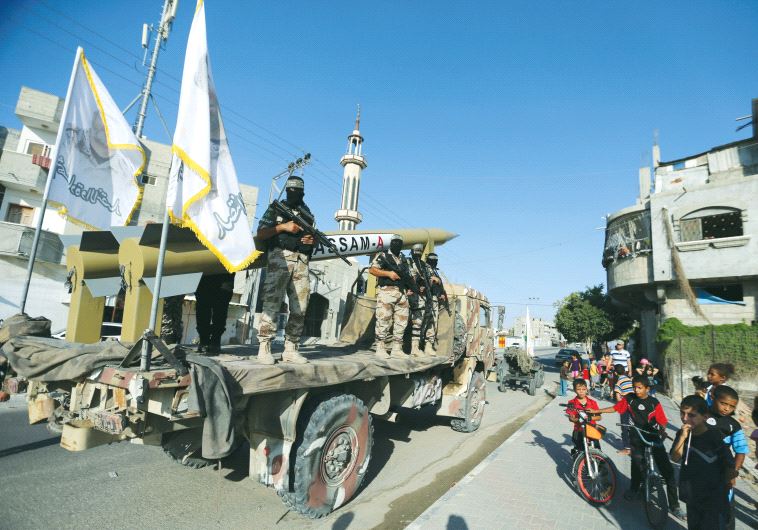Gershon Baskin responds to Pierre Schori, who reminds us that Europe has a key leading role to play in advancing Israeli-Palestinian peace that even the United States cannot do.
As Pierre Schori reminds us, Europe has a key leading role to play in advancing Israeli-Palestinian peace that even the United States cannot do. And I agree with him that the Obama administration needs Europe to advance the process and that it can no longer stand on the sidelines waiting for instructions from Washington.
In August of last year the government of the Palestinian Authority launched its plan for building the institutions of the Palestinian state and for ending the Israeli occupation of Palestine. This two-year plan also aims to develop a transparent and accountable rule of law, to ensure security and economic development as well as to assert Palestinian sovereignty throughout the occupied territories. The plan is being led by Salam Fayyad, the man appointed by Palestinian President Mahmoud Abbas as Prime Minister at the head of the Palestinian Authority.
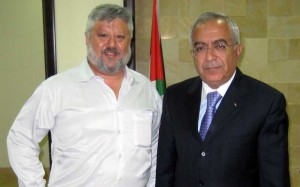
Gershon Baskin with Salam Fayyad, Palestinian politician and former Prime Minister of the Palestinian National Authority.
But when the two-year Fayyad plan is completed there will still be the question of how to end the occupation. Palestinian grassroots organisations have begun to undertake direct confrontational actions with Israelis in about 10 separate flash-points. So far, these confrontations have remained unarmed on the Palestinian side. Israeli occupation forces often respond with violence to disperse the crowds, but Palestinians’ resolve to pursue this new “white intifada” seems quite clear.
The Palestinian Authority has begun to co-ordinate and even to lead other acts of defiance against the occupation, and this civil disobedience against the occupation means the international community is going to have to stand up and take sides, with the European Union likely to be called on to take a leading position. EU states will have to decide on which diplomatic tools they can use to enable the Palestinian state’s existence and end the occupation by Israel.
So will the EU use its economic might as inducement or punishment? Will it take a position on the boycott of goods produced in Israeli settlements? At present they don’t enjoy tariff-free entry into the EU, but could a complete boycott of them be the next step? Would the EU consider cancelling its free trade agreement with Israel until the occupation ends? And would the EU contemplate removing Israelis’ visa free entry into all the States of the EU?
When Yasser Arafat declared Palestinian statehood in November 1988, 105 countries recognised the new state, although not one of them was in Europe. So what will the EU do at the end of 2011 when the Fayyad plan is completed. Will EU recognition of the Palestinian state still be withheld?An EU declaration recognising the Palestinian state could say that Palestine’s boundaries will be determined after negotiations with Israel, but based on the Armistice lines in 1949 (the Green Line) with agreed upon territorial swaps that leave Palestine in sovereign possession of 22% of the land between the Jordan River and the Mediterranean Sea. The City of Jerusalem would be the capitals of both states in a formula that enables each to have sovereignty over its own people. The Holy Places and the Old City of Jerusalem would either be placed under an international regime, or a negotiated formula would ensure its effective and peaceful governance.
